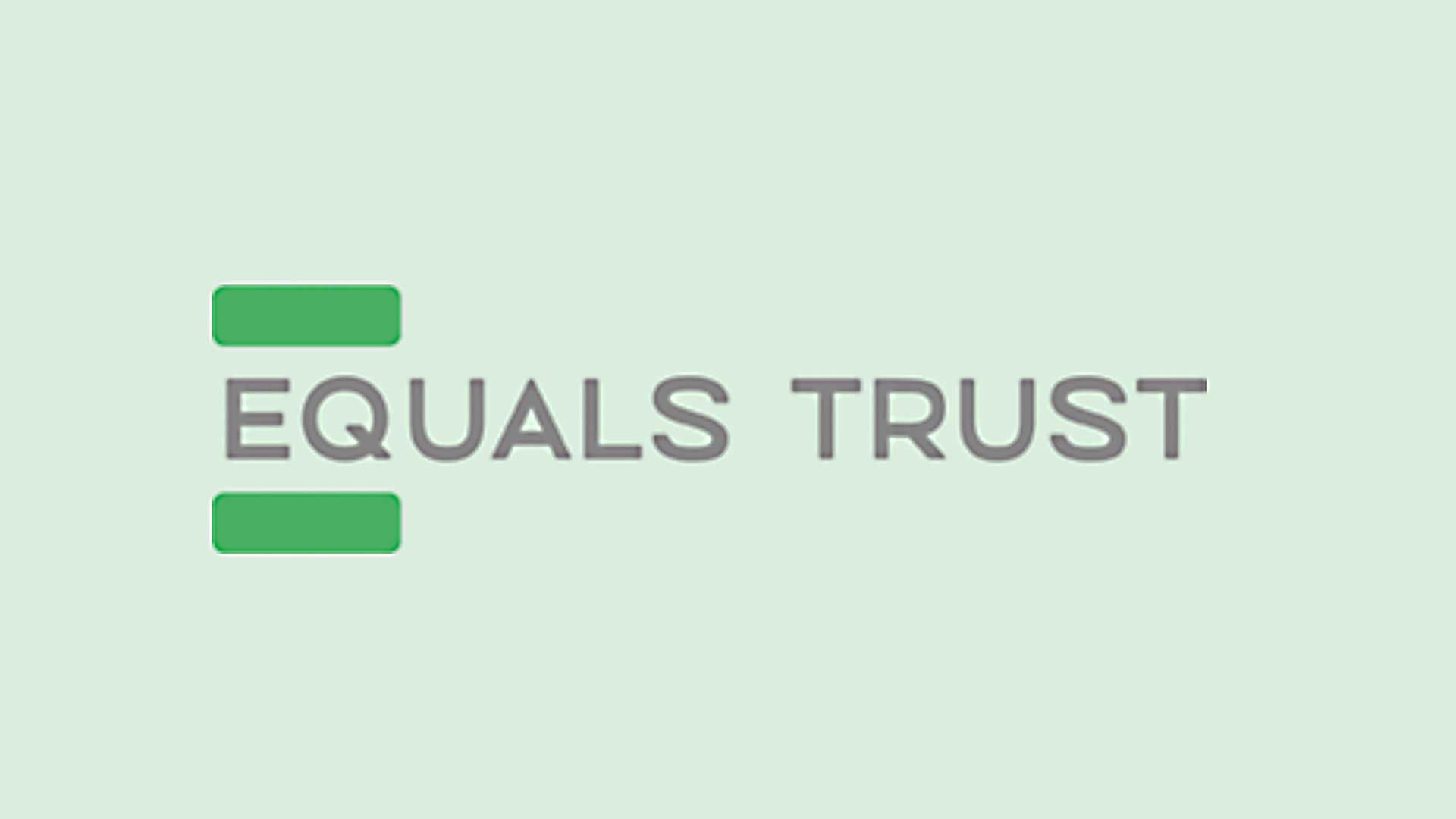Do your team resist change? Four strategies every school leader needs to know

It smacked of playground behaviour.
Two soon-to-be-retired teaching assistants sitting directly opposite me, rolling their eyes as I spoke.
Me, a brand-new assistant headteacher, full of enthusiasm, sharing an approach to interventions that would provide better support to SEND pupils and work to the strengths of individual TAs.
But it wasn’t just eye-rolling I had to contend with. They whispered behind their hands and added a few wry smiles into the mix.
To this day, I can remember how gutted I felt. The disbelief that two grown women would display behaviour that wouldn’t look out of place in my Year 6 class. But rather than pull out the classic line,
“Is there something you’d like to share with everyone?”
I bottled it. I was so shocked that I didn’t know what to do or say. I’d gone into the meeting with enthusiasm and left feeling utterly dejected.
“Don’t worry,” said a voice at my office door. “They hate change.” It was one of the other TAs who confessed that she’d been appalled at their behaviour, too.
And so began my leadership journey to understand how to manage people—and particularly how to manage people through times of change. Whether it’s big or small, direct or indirect, it isn’t easy, but it is inevitable. After all, nothing changes if nothing changes.
Perhaps you’ve experienced something similar, too? From interventions to playground policy to a whole new reading scheme, leaders are often the people at the front, leading the charge. It’s no surprise that it feels personal when you get a response that is either apathetic or downright rude.
But part of the process is removing that personal attachment to the proposed changes and the other part is understanding why resistance happens in the first place.
The hidden pattern
Change resistance follows a predictable path, though it's rarely obvious at first glance. It typically begins with practical deflection - those reasonable-sounding excuses about time, resources, or necessity. A teacher might question the timing of a new initiative or express concerns about its impact on their existing workload. These objections seem logical and hard to argue against.
But as weeks pass, this initial resistance evolves into something more subtle yet impactful. The teacher's passive non-compliance influences others, especially newer staff who admire their experience. A quiet word in the staffroom, a raised eyebrow during training, or a subtle questioning of a new initiative’s value or purpose - all these actions create ripples.
Before long, what started as one person’s resistance transforms into a broader challenge to whole-school improvement. Understanding this pattern is crucial because it allows leaders to intervene early, addressing concerns before they become embedded in school culture.
So, how can we manage change resistance at a leadership level? How can we get everyone on board the ‘change bus’? It starts by looking at things a little differently.
Seek first to understand
Stephen Covey's principle "seek first to understand, then to be understood" is particularly powerful when managing change resistance. As leaders, our instinct is often to explain, convince, and push forward. However, a true breakthrough comes from understanding our people’s perspectives.
This means entering conversations with genuine curiosity rather than a pre-planned solution. Here at Happy-Centred School, we call these ‘curious questions’. Looking back, when I sensed resistance in that meeting, my next step should have been approaching the teaching assistants individually. Not from a place of confrontation but rather from a place of "Help me understand your thoughts about this."
I’m sure from their perspective, it was just another ‘new thing’ they were being asked to do. I’d gone in with, "Let me explain why this is important,” rather than opening up discussions with them about what was already working and what wasn’t. This shift to inquiry often reveals concerns we hadn't considered and opens doors to solutions we hadn't imagined.
When people feel involved in a process, when they can express their opinions and understand the bigger picture, change seems more manageable. And when we break it down into smaller steps, it’s not so overwhelming.
Breaking through the resistance - leadership strategies
Address patterns, not individual incidents
Look beyond the immediate resistance point to understand broader patterns. If a teacher resists peer observations, for example, look at their response to other changes. Do they show similar reluctance toward new assessment methods or curriculum changes?
When you spot these patterns, you can address the underlying change anxiety rather than just the surface-level resistance. Have honest conversations about their previous experiences with change - both positive and negative. This helps build a fuller picture of their change journey.
Connect to existing success
Skilled teachers have developed successful practices over the years, which is why they often believe the adage ‘if it ain’t broke, don’t fix it’. To counter this, instead of presenting change as a correction, frame it as enhancing their existing expertise. For example, if introducing a new teaching approach, start by acknowledging how it aligns with elements of their current practice.
Share specific examples: "I noticed how well your guided reading sessions work - this new approach builds on that strength by..." This validation helps reduce defensive responses and builds bridges between current practices and new initiatives.
Create safe spaces for conversation
Resistance often goes underground when teachers feel they can't openly express concerns. Establish regular, informal feedback sessions where staff can voice worries without fear of judgment. This might mean coffee mornings, optional drop-in sessions, or anonymous suggestion boxes. At Happy-Centred Schools, we support leaders to use our ‘big chats, little chats’ strategy to help with these conversations.
Make it clear that questioning isn't defiance - it's part of the process. When teachers feel heard, their resistance often transforms into constructive feedback that can improve implementation.
Start small, build trust
Change doesn't have to be all-or-nothing. Begin by asking interested teachers to test new approaches in a low-stakes environment. Let them adapt initiatives to their context and share their experiences with the rest of the team.
This creates positive peer influence and provides evidence of success within your own school context. When resistant teachers or teaching assistants see other team members successfully navigating change, they're more likely to engage.
If you’d like some support for your school leadership team on how to manage change resistance, get in touch with Doug who will share the different ways we can help. Email













